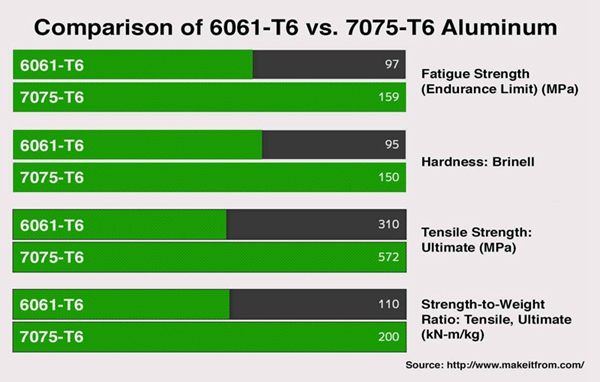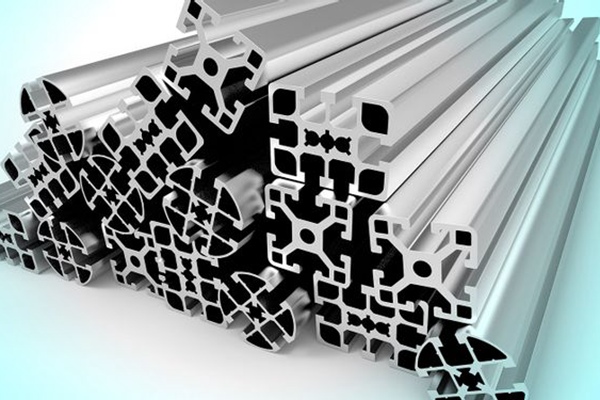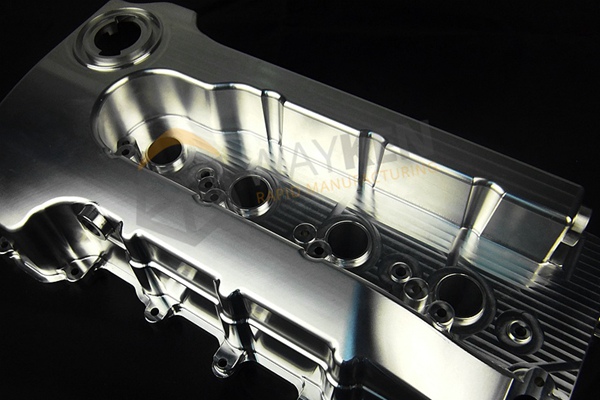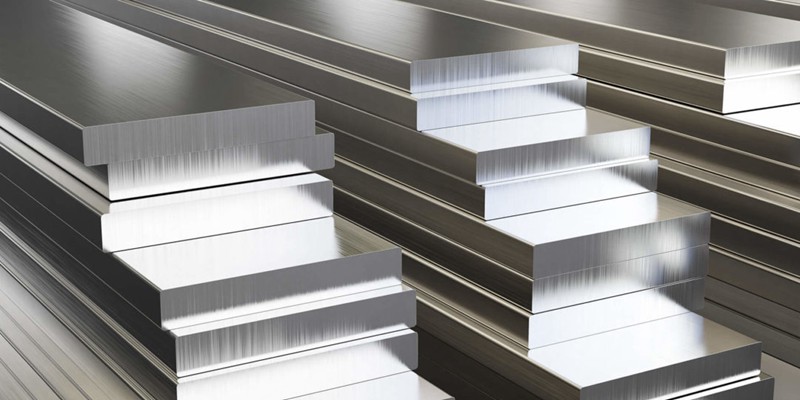- November 2, 2021
When walking on the street, you can see a lot of products made of aluminum alloys. They are among the top materials used in the automotive, sports equipment, electrical, and construction, aerospace industries due to their excellent strength-to-weight ratio, high relative strength, and corrosive resistance. Given the wide range of aluminum alloys available, it can be challenging to choose the right one for your project. This article compares two common aluminum alloys, 6061 and 7075, from different perspectives including composition, mechanical properties, and cost, and hopefully, it will help you decide what fits your project.
What is 6061 Aluminum Grade
If you ask the question: what is the most commonly used aluminum alloy in the world?
The answer will be 6061 Aluminum, primarily due to its great strength, heat treatability, and relatively easy machinability and weldability. The main alloying elements of 6061 are magnesium and silicon. These elements give it a competitive edge in maintaining corrosive resistance even when the surface is braided. It can also be anodized for an additional thin layer of protection with various colors if that isn’t enough.
6061 is available in many forms including extrusion, sheets, and architectural shapes. It’s necessary to point out that 6063 Aluminum is also a popular choice in the 6000 series. However, its surface finish is far smoother than other commercial alloys. And its strength is roughly half that of 6061, which is because while the main alloying elements are magnesium and silicon, it has far lower levels of each. This makes it suitable for applications where strength doesn’t matter the most such as non-loadbearing posts and roofs or decorative structures.
WayKen has abundant experience in CNC machining 6061 aluminum and 6063 aluminum.

What is 7075 Aluminum Grade
7075 aluminum is more commonly associated with high strength applications, mainly in the aerospace and defense industries. It is one of the highest strength aluminum alloys available in the world, given the fact that its principle alloying elements are zinc and copper. It possesses outstanding mechanical properties and exhibits high strength, toughness, good ductility, and good resistance to fatigue.
7075 aluminum also has average-to-good ratings for corrosive resistance, anodizing response, and machinability. Grade 7075 aluminum is easy to be machined but it’s not recommendable to weld it. While it’s excellent in many regards, it’s fairly expensive compared to other alloys, which is why it’s not as common as 6061 Aluminum.
FAQs in 6061 aluminum and 7075 aluminum

1. Which aluminum grade should I use?
Typically it depends on what you are making, how it will be formed, and what performance is expected. When aesthetic, strength and corrosion resistance are priorities, Aluminum 6061 is an excellent choice. However, if you are looking for excellent strength to weight ratio applications used in aerospace and defense industries, Aluminum 7075 is what you go for. WayKen can help you with technical assistance, samples, and prototype testing.
2. Can They Be Welded and Formed?
6061 Aluminum has good weldability and formability due to the fact that magnesium and silicon are the principle elements. 7075 Aluminum is not as conducive to forming and welding as a much harder material with higher zinc content. However, in the annealed condition, this grade can be formed and heat-treated if necessary, as well as welded in place.
3. Which aluminum is better in anodizing response?
Alloys of 6xxx series have excellent response to anodizing. 6061 Aluminum is a high-strength structural alloy possessing excellent machinability. When the parts are to be hard anodized in a wide range of colors, 6061 Aluminum is the favorite of many shops. 7075 Aluminum is considered a ultra-high-strength alloy and finds wide use in the aviation and aerospace industries. Depending on the alloy and the anodizing process, they anodize gray, blue-gray, and brown-black (mottled).
4. How Strong Are They?
It’s noticeable that 7075-T6 aluminum properties feature a tensile strength that is nearly double that of 6061-T6 aluminum properties, when looking at both alloys in the “T6 condition”. It’s estimated that the shear strength of 7075-T6 is 1.5 times that of 6061-T6. Therefore, 7075 T6 aluminum is substantially harder than 6061-T6.
6061 aluminum vs 7075 aluminum, tips for choose

To answer the question “which aluminum alloy is better for my project”, we will need to consider the priorities. It requires quite a lot of expertise, trial, and error to know which aluminum alloy is best for your application. Both alloys have excellent mechanical properties and are used in a wide range of applications.
To sum up, 6061 Aluminum is more cost-effective, of medium strength, and easy to work with, while 7075 Aluminum is exceptionally strong with typically smoother finishes but more costly.
6061 aluminum is used more frequently relative to 7075 aluminum primarily due to the cost difference.
6061 aluminum is usually the first choice of most suppliers when it comes to aluminum alloys. However, if your project requires 7075 aluminum properties, then it should be considered to obtain the desired result.
As a certified ISO 9001 factory, WayKen can guide you through the material selection process. Our priority lies in helping you get your desired results. Feel free to contact us if you are looking for the service of CNC aluminum machining for your 6061 or 7075 aluminum project.





